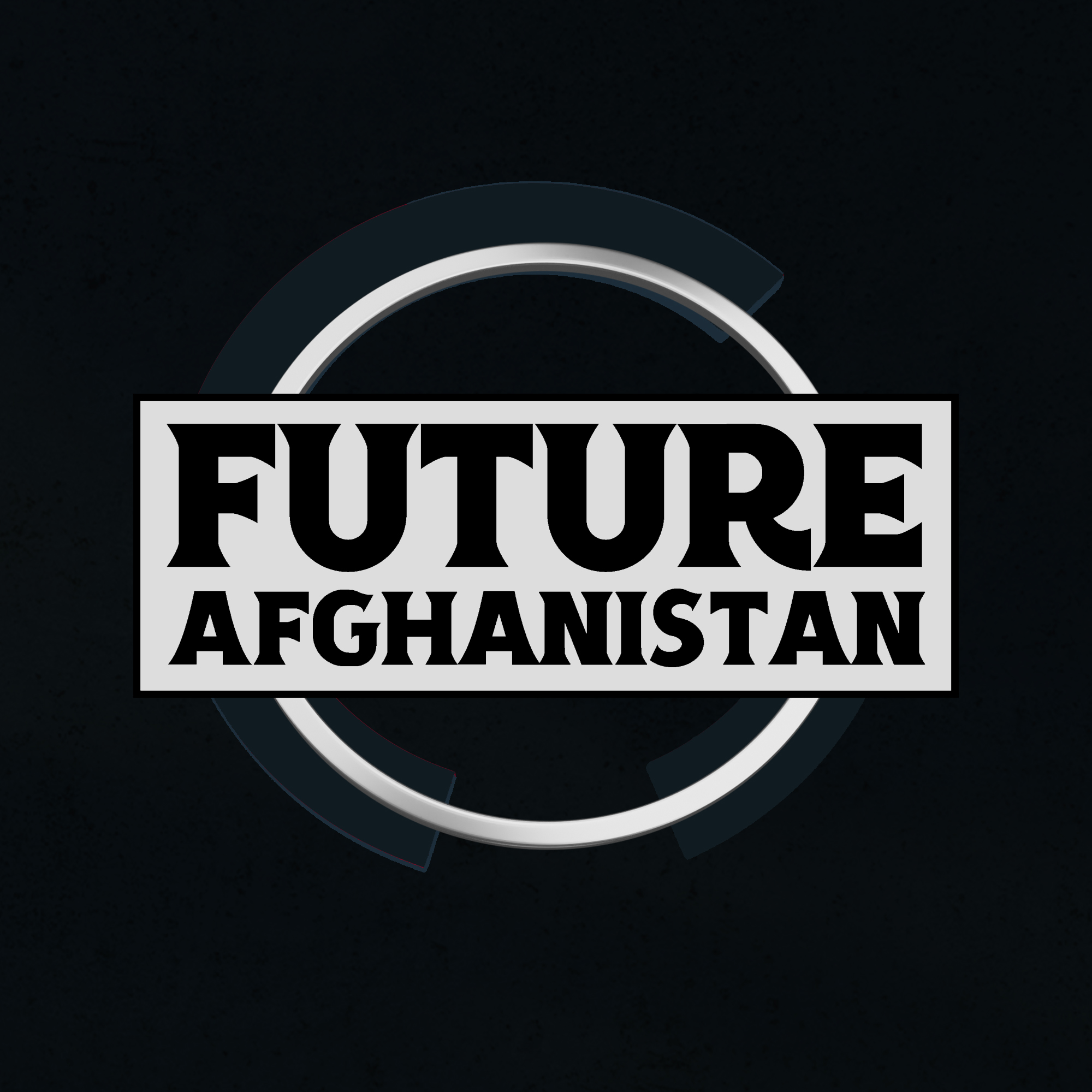Four years after the fall of Kabul to the Taliban, my life—and the lives of millions of Afghan women and girls—has been split into two starkly different chapters: before the fall and after the fall. I am Benafsha Karimi, a social media activist, now 23 years old, born and raised in Kabul. Not so long ago, my life was built upon clear plans and big dreams for the future. After graduating from 12th grade, I eagerly entered the journalism faculty at the “NAI” Media Institute. I had just started my first semester when Kabul fell, abruptly ending this new chapter of my education.
At the same time as my studies, I collaborated with several YouTube channels and worked as a presenter for social programs. Around those days, I was about to begin my first serious job in one of Kabul’s private media outlets—a chance that was not just a job opportunity, but an important step toward officially entering the media industry. That dream, too, was left unfinished with the fall of Kabul.
Back then, despite all the political and social challenges, there was still space for hope. If someone worked hard, they could dream of progress and the fulfillment of their ambitions. I had made peace with my country’s problems; I loved it deeply and envisioned my future in that very land among its people.
But on the day Kabul fell, all those dreams and plans collapsed. The notebook where, for years, I had written down my goals and hopes was closed the day I was forced to leave my homeland—and it has never been opened again. For me, the fall of Kabul was not only the end of a chapter in my life; it was the beginning of a long, exhausting nightmare. Even now, four years later, I sometimes tell myself that maybe it was all just a bad dream, and I wish someone would wake me from it.
Before the fall of the Republic, hearing the news that a province had fallen to the Taliban felt like a dagger in my heart. Each time, it was as if a part of me was being torn away—just like losing a loved one. When this process reached Kabul, I completely broke down. I couldn’t bear to believe that the city—once the beating heart of civic activism, media, and the hopes of the younger generation—could go silent and surrender before our eyes.
Around those days, my mother’s stories from the Taliban’s first rule in Afghanistan kept replaying in my mind like a vivid film: the days when girls were forbidden from studying, denied the right to work, and even threatened with lashes just for leaving their homes. These memories, combined with the news of the capital’s fall, were a warning that history was repeating itself—and this time, I would be both witness and victim.
After the Taliban entered Kabul, fear consumed me entirely. At the slightest sound outside our door, I felt certain they had come to take us. I didn’t even dare pull back the curtains. This fear was not unfounded—my brother and his wife were well-known figures in the media, and I, though to a smaller degree, was also involved in media work. I knew staying in Kabul would mean putting my own life and my family’s lives in danger.
Three days after Kabul’s fall, my family and I were forced to leave Afghanistan. Those three days were filled with anxiety, dread, and hours that felt like lifetimes. I left behind not just my home, but part of my identity and all my dreams. From that moment, my life entered a chapter I had never chosen—forced migration and unwanted exile.
The past four years have been difficult and full of harsh trials. Eventually, I was able to reach France. Moving to France meant facing a new culture, a foreign language, and an entirely different way of life. At the same time, I had to grapple with depression and the trauma of Kabul’s fall—and the loss of the future I had worked for over so many years. Starting over in a new country was not easy, but over time, I decided to keep my connection to the Afghan people alive. This time, social media became my bridge to my homeland. I began creating content on TikTok, Instagram, and YouTube—something that became both a mission and a form of healing for my wounded spirit.
Today, even though I am studying and working in France, I know that the notebook of dreams I once closed in Kabul will never be opened again. Those dreams were rooted in hope for a future in my homeland, and they were taken from me with the loss of that country. Any success I achieve here in France, while valuable, can never replace those stolen dreams. A part of me still remains in that pre-fall Kabul—a place where a young woman with a heart full of hope and a notebook full of aspirations was ready to take flight, but had her wings broken before she could soar.




